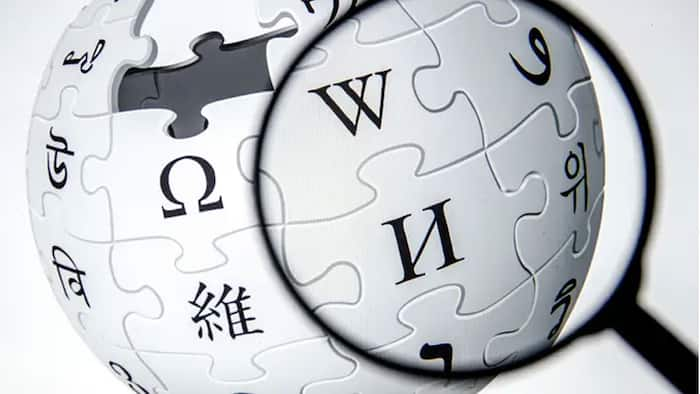
Written By Shubham Verma
Published By: Shubham Verma | Published: Aug 23, 2023, 11:22 AM (IST)


Wikipedia is an online repository for information on almost every topic. Nearly everyone who uses the world wide web has visited Wikipedia at least once. If you, too, visit the website regularly, you may have come across a blob on top of the website. It is a cry for help, a desperate request urging you to donate money just so the online encyclopedia stays afloat. The message might make you think that you are doing a disservice to the website that provides information by not making donations, no matter if it is as small as Rs 150. But the reality is very different.
“Hi, dear reader. Sorry for the interruption, but this Friday Wikipedia really needs you. 98% of our readers don’t give; they look the other way. All we ask is ₹ 150, or whatever seems reasonable to you. It’s fast and easy to donate on your phone. We ask you, humbly: please don’t scroll away,” reads the message put up inside a red box to draw your attention when you visit Wikipedia’s website, which offers you different payment options to make transactions easy.
According to freelance journalist Andreas Kolbe, as cited in a Daily Dot report published in 2021, Wikimedia Foundation (WMF), which owns Wikipedia and other Wiki properties, is rolling in money. In fact, it is richer than it was ever before. Kolbe could unravel the truth as he is a former co-editor-in-chief of Wikipedia’s community newspaper called The Signpost. According to him, Wikimedia’s revenues and annual donations, which often break previous records in terms of collection, are enough for the company to operate without needing your donations.
Wikimedia generated about $162 million in the fiscal year between July 2020 and June 2021 from donations and revenue, per a Statista report. Kolbe previously mentioned that WMF was on track to reach its 10-year goal to create a $100 million endowment five years earlier than the plan. Over the past five years through 2021, the company raised funds as high as $200 million.
So, why does Wikipedia’s parent company need your donations despite being rich? Kolbe argues that this is because WMF wants to expand its business and boost its savings to fund new projects. Donations collected from consumers allow the company to direct its profits and savings towards a range of new projects. WMF is also launching a for-profit company, which would use the resources available to the company’s non-profit initiatives. This company would sell API services to big tech companies to make it easier for them to process Wikipedia content, such as providing information to voice assistants like Amazon Alexa and Google Assistant.
But the plans for a for-profit company have caused an uproar among the volunteer writers of Wikipedia who have spent hours updating information on the encyclopedia without a salary. On the other hand, several employees of WMF receive six-figure salaries. Moreover, the company has enough cash reserves to run its operations comfortably without needing more donations, according to Kolbe, who has explained how Wikimedia works and why asking for donations from Wikipedia users is an important business strategy for the company. You can give it a read to understand that, as well as to get rid of the guilt for not donating.